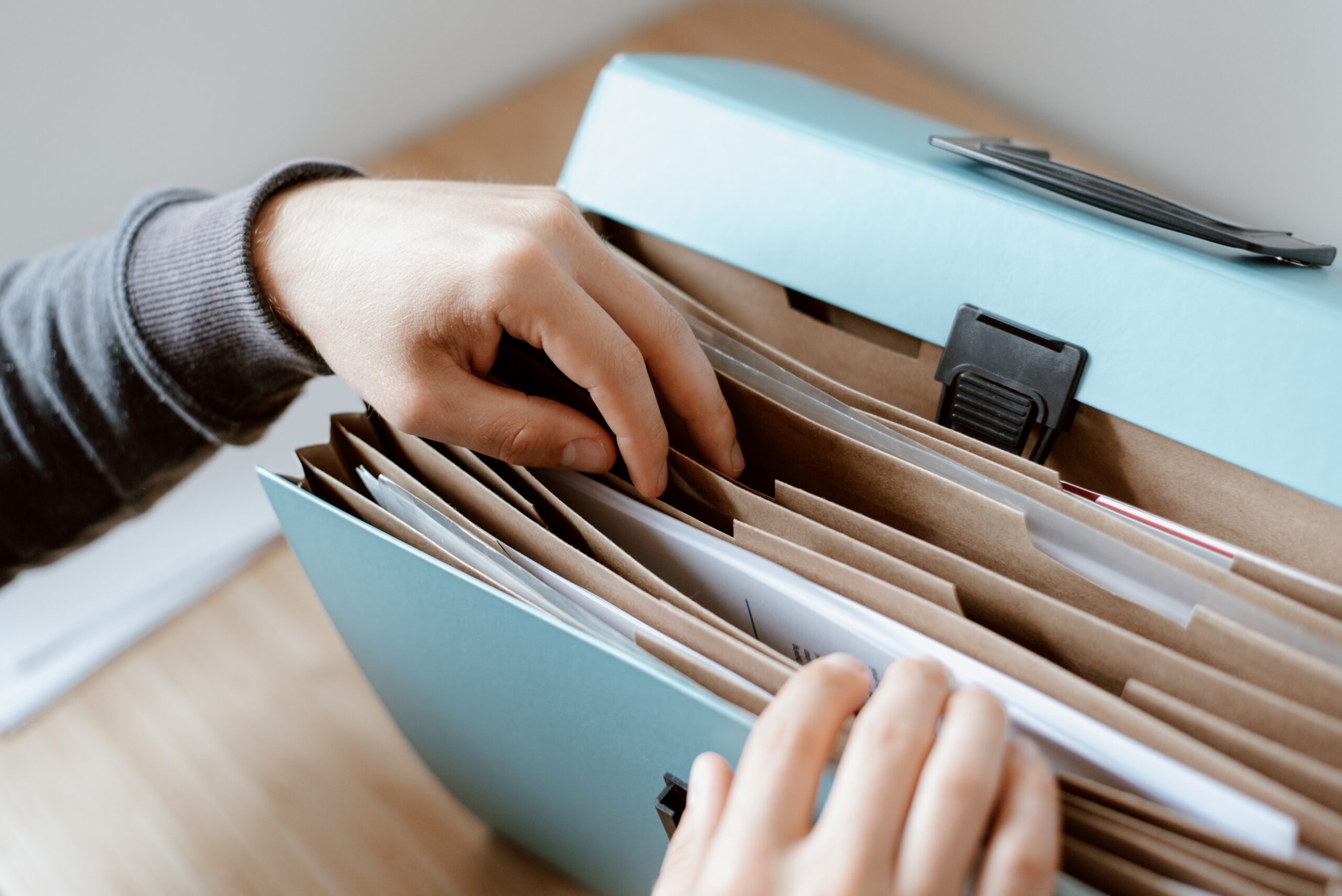
Service of process involves the delivering of vital paperwork to the defendant involved in the court case. In most situations, a court case cannot take place without service of process. It is a legal requirement for the person who delivers these papers to not be any of the court parties involved in the case. Therefore, a process server is an imperative part of the overall litigation process. Let's take a look at what types of paper does a process server serve.
Need more help deciding on the best type of process serving company? Check out this article!
When an event occurs that results in someone taking legal action against someone else, it is required that the defendant be notified promptly about the upcoming court date, time, location and the reason that legal action is being taken against them.
The person notifying the defendant of this pertinent information is required by law to meet certain requirements. In the state of Texas, for example, a process server is required to be certified by the Judicial Branch Certification Commission (JBCC). Under this commission, there is a specific Code of Ethics that the process servers must uphold. In fact, if a process server fails to uphold these ethics, they risk facing disciplinary action by the Judicial Branch Certification Commission.
When a process server is hired, they take prompt action in locating the defendant in order to serve them the required paperwork. Understandably, the defendant involved in the case is generally not thrilled to be getting served. It is because of this reason that the defendant is often rather difficult to locate.
In order to actually locate the defendant, there are different options as to the time frame in which they are to be located. The urgency for service can be determined by various factors such as:
When you hire a process server from Encore Legal Process, you are provided with multiple options, for your convenience, as to the timeline of delivering your papers:
Get your papers served today by contacting Encore Legal Process HERE: Contact Us - Encore Legal Process
As far as how to locate the defendant to serve them with the paperwork, there are generally three different steps involved:
While locating the defendant, the process server is required to uphold all the rules listed in the Code of Ethics. Some of these rules include:
In the event that the process server is given a “bad address” for the defendant, the use of proven “skip tracing” software is implemented. This software conducts things such as searching: license plate numbers, criminal cases, postal searches and CAD records in order to successfully locate the defendant to serve the proper documents.
In some instances, a process server will need to deliver a complaint (also referred to as a petition). Generally, a complaint is a legal document that aims to settle specific legal matters, which is issued by the accuser to the accused. The complaint specifies how the accuser’s legal rights have been violated, as well as demanding that they are somehow restored.
The court will issue a summons, also referred to as a citation, which signifies the beginning of a legal case. The process server will then attempt to deliver the documents to the defendant at the given address or, if needed, run a skip trace to locate the defendant, before attempting service. This summons will include all the information that the defendant needs to know regarding their court date.
Additionally, process servers can also serve papers in the form of a subpoena. Similar to a summons, a subpoena is also considered a demand from the court. However, a summons signifies the beginning of a legal case, while a subpoena is issued after the legal case has already begun. The person who receives the subpoena is required to provide some form of evidence pertinent to the proceeding case. Furthermore, a person who receives a summons is directly involved in the legal case, whereas a person who receives a subpoena does not necessarily have to be directly involved.
The 3 types of subpoenas include:
The witness subpoena demands that the recipient must appear in court during a legal trial to serve as a witness.
The subpoena duces tecum (meaning “subpoena for production of evidence”) also requires that the recipient must appear in court. Additionally, the recipient is asked to provide evidence, usually in the form of records or documents, that will support the legal case.
The deposition subpoena is similar to the subpoena duces tecum, in that it asks the recipient to provide evidence that will support the legal case. However, this step takes place during the “discovery process” held prior to the trial and is not to be used during an actual court hearing.
In addition to the aforementioned legal documents, process servers will sometimes deliver these types of documents as well:
In addition to delivering the necessary papers to the defendant involved in your case, process servers also offer some other services.
One example includes the e-filing of the Proof of Service, also referred to as the Return of Service or an Affidavit of Service (in the event that the document was notarized), with the court, which is the proper documentation needed to prove that your court documents were successfully given to the defendant. The process server will deliver this Proof of Service to the party who requested the service.
Encore Legal Process goes the extra mile by immediately e-filing the Proof of Service with the court once the documents have been served, which is included in the price.
Get your papers served TODAY by contacting Encore Legal Process.